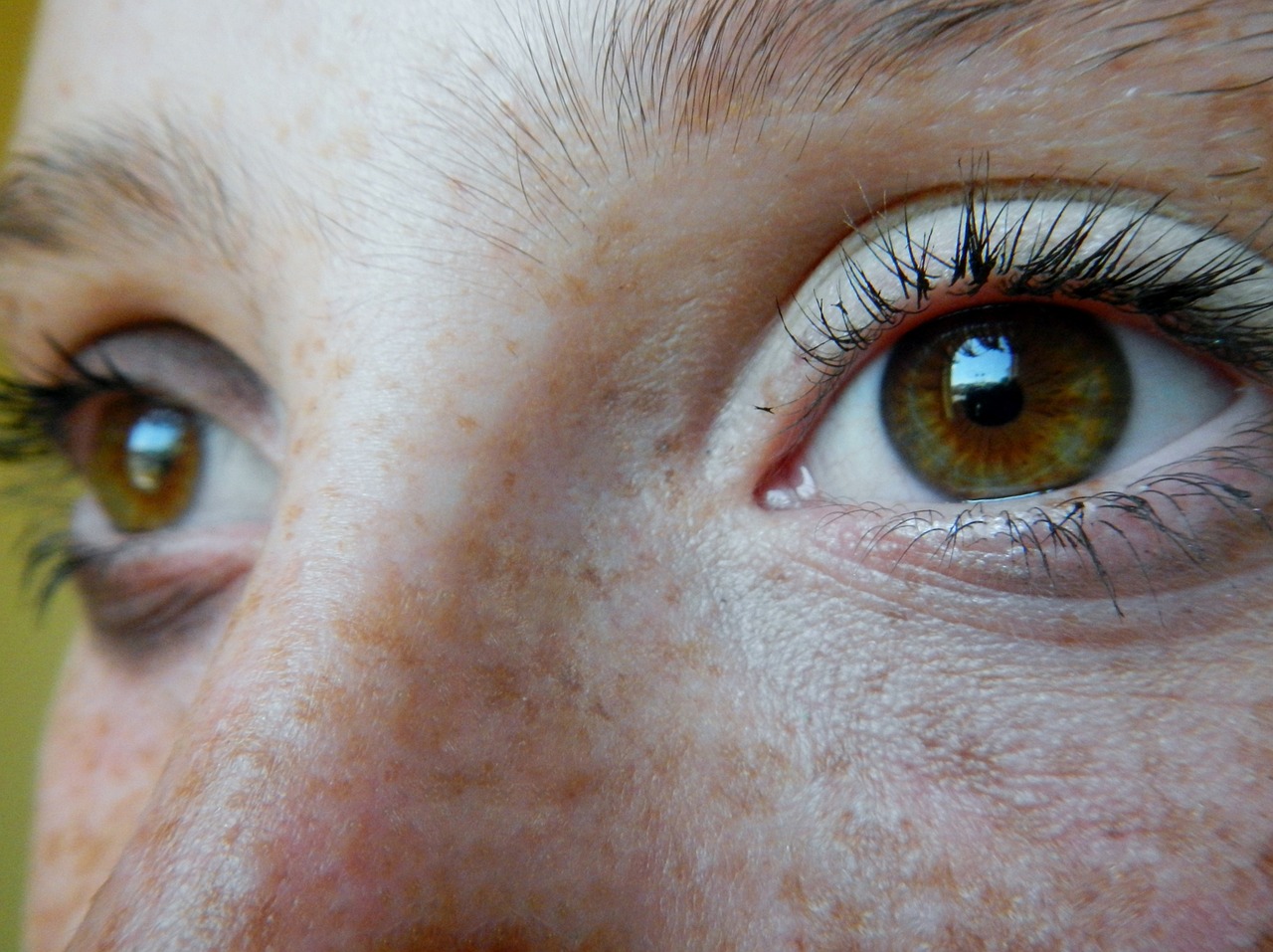Colored contact lenses or color enhancing lenses have a tint that enhances the original color of your eyes. They are available as corrective lenses or as decorative plano lenses, also called non-corrective lenses. People who wear them for corrective purposes normally go for tints that are more subtle such as pale blue. However, even if the tint is subtle, the colored contact lens will still enhance the natural look of your eyes.
Corrective colored contact lenses help to correct refractive errors like hyperopia, myopia and presbyopia. They are also used for the treatment of mild to moderate astigmatism. Many people who have prescription eye glasses are turning to colored contact lenses instead. Non-corrective contacts on the other hand, are purely for aesthetic reasons. They do not correct your vision at all; they are just a great way to improve or change the appearance of your eyes.
When it comes to colored contacts, although some people have a choice between glasses and contact lenses, there are others who do not have a choice. For instance, those people who suffer from an eye condition called keratoconus. If the condition is at an advanced stage, prescription glasses will not work. Contact lenses are the only ones that can help to correct their vision.
How to Take Care of Your Contact Lenses
Whether you have prescription lenses that help to correct your eyesight or you have decorative contacts, they all need to be handled with care. This is because they are placed directly in the eyes. As such, if you do not practice good hygiene when handling them, or if you do not use the correct cleaning products, chances are that you will get an eye infection. Although most eye infections can easily be treated by antibiotics, there are other more severe infections that can further affect your eyesight.
Before you touch the contact lenses; when removing them or placing them in your eyes, make sure that you thoroughly wash your hands with soap and water, before drying them with a clean towel. If you have daily disposable lenses, make certain that you remove them before you go to bed and that you discard them; do not wear them for more than the prescribed period.
If you have extended wear contact lenses, make it a point that you wash your hands and remove them every day before you go to bed; avoid falling asleep with the lenses inside your eyes. After removing them, soak them in the appropriate cleaning solution overnight, and make sure that you wash your hands thoroughly prior to wearing them in the morning.





